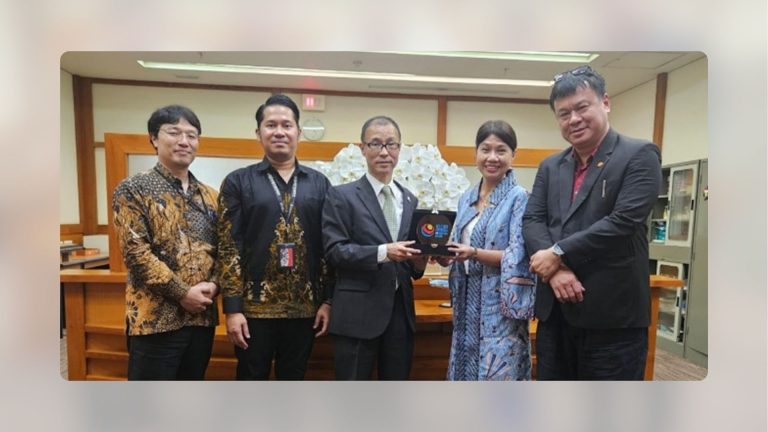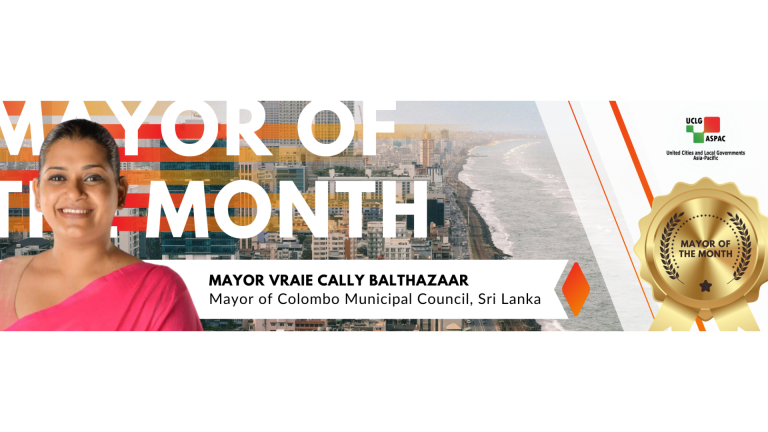OVER the years, East Asia has undergone remarkable development through rapid industrialization, population expansion and urban growth. However, the current pattern of rapid urbanization in the region is economically and environmentally unsustainable – overwhelming burdens are being placed on the environment and increasingly strained urban services, causing serious environmental degradation and leaving many to subsist in grinding poverty and abject living conditions.
In order to meet the goals of the United Nations Framework Convention on Climate Change (UNFCC) and to achieve the Sustainable Development Goals (SDGs), the delivery of urban environmental services, such as in transportation, waste management, energy provision and water supply, should be implemented with strategies to achieve resource-efficient, low-carbon and environmentally-sound cities. Multilateral collaboration and national commitments have thus become urgent in order to accelerate initiatives to build climate resilience and adaptive capacity.
Under these concerns, the High Level Seminar on Environmentally Sustainable Cities (HLS ESC) returned this year with its 7thedition, gathering around 160 delegates comprising representatives of government ministries, local governments, international organizations, NGOs, academia and front-line experts in Hanoi, Viet Nam, on 3-4 March 2016. Jointly organized by the Governments of Viet Nam, Cambodia, Japan and the United States, the ASEAN Working Group on ESC and the ASEAN Secretariat, the event reunited delegates to discuss and develop recommendations to the East Asia Summit (EAS) Environment Ministers on how to advance regional cooperation towards the 2030 Agenda.
UCLG ASPAC Secretary General Dr. Bernadia Irawati Tjandradewi, together with Mayor Prasong Sriwatana of Khon Kaen Municipality and Mayor Suriya Yeekhun of Prik Municipality in Thailand attended the event as panelists. They highlighted the issues of the localization of SDGs in the parallel session that UCLG ASPAC, IGES and UNESCAP co-organized.
Mayor Prasong enumerated the challenges they face considering the advent of the ASEAN Community, such as the youth competing for employment. At the same time, he also shed light on the importance of addressing existing gaps through providing education to the people and improving public services so that opportunities will not be limited to a few. For his part, Mayor Suriya talked about the synergy of actors in his municipality. “We try to be flexible and combine the bureaucracy and working with the public. Gaining their trust is often overlooked but this is important,” the mayor said.
In the implementation of SDGs, rather than selecting priorities among all the goals, it is important to ensure that lessons learned from the previous global goals and integration across goals are reflected into forthcoming policies and interventions.
“Local governments alone cannot achieve the goals, and people must be at the center of the implementation of the 2030 Agenda,” the Secretary General said. She reminded the audience that they are already working towards the SDGs and that as ambitious as they may be perceived, “we have to meet certain levels of expectation and targets.” Further, she added that champions like mayors could contribute a lot to achieving the goals and other local actors are called upon to be involved.
Strong partnerships among different levels of government, civil society organizations, academia, and the private sector therefore need to be forged. In this context, intermediaries like associations of cities can play a key role in bridging the gaps by helping share knowledge and promoting cooperation among cities, enhancing communication between local and national governments, as well as influencing policies.
In relation to this, the Secretary General underlined the importance of city-to-city cooperation as a tool for learning and sharing expertise and experiences, through replications and up-scaling of good/best practices.
“UCLG ASPAC puts a great emphasis in promoting twinning and partnership between local governments and people through the exchange and transfer of success stories in good governance,” the Secretary General said. She gave an example of DELGOSEA (Democratic Local Governance in Southeast Asia), one of its flagship programmes with KAS Manila and local governments associations in several countries aimed at enhancing cooperation amongst cities and local governments in ASEAN Member States.
“DELGOSEA has been based on bottom-up approach’–the programme has been tailored based on the needs of cities and local governments,” she said.
While a list of recommendations has been established at the end of the seminar, one of them that was proposed to local governments is to establish or enhance the existing ‘Model Spaces’ in the city – such as ‘Model’ green homes/villages, schools, markets, buildings, parks, libraries and other kinds of public spaces – to demonstrate the transformative and pioneering policies/practices for scaling up, as well as to host learning visits by other cities and tourists.











